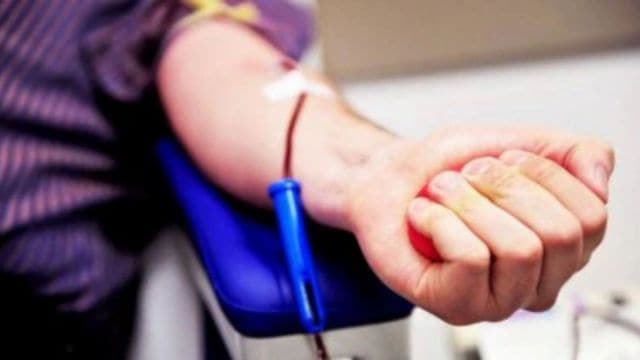
Written by Aashna Mansata and Shireen Yachu
The Supreme Court is hearing a PIL which questions the permanent blanket ban on blood donations by transgender persons, men who have sex with men (MSM), and female sex workers. This ban, based on an assumed high risk of HIV/AIDS and other transmissible infectious diseases, stems from the Guidelines for Blood Donor Selection and Blood Donor Referral, 2017, issued by the National Blood Transfusion Council and National AIDS Control Organisation. Discriminating based on sexual orientation and gender identity violates the fundamental rights to equality, non-discrimination, freedom, and life and dignity.
During the proceedings, Justice N Kotiswar Singh commented “(…) Are we going to brand all transgenders as risky and thus indirectly stigmatise these communities?” This highlights the need to probe into the biases informing identity-based exclusion. The SC verbally advised the Central Government to seek expert opinions and conduct consultations on how to eliminate discriminatory practices while continuing to safeguard public health and ensuring medical safety. The government has responded with an affidavit reiterating its determination to maintain the blanket ban on such blood donations, on grounds of scientific evidence and global best practices.
The Centre’s emphasis has been on safeguarding against the transmission of infection by those at “high risk” for HIV and other communicable diseases. At present, all donated blood is required to be tested for HIV and other transmissible diseases such as syphilis and hepatitis. It remains unclear why certain identity groups are allegedly at higher risk of transmitting these diseases and are permanently banned, since screening tests detect infected blood units irrespective of the identity of the donor.
The government’s affidavit claims that the blanket ban is essential for mitigating the risk to the “safety and integrity” of the national blood supply. However, considering that provisions for such safety are in place, this exclusion appears to be a remnant of outdated prejudices. Inconclusive test results are treated with the same precaution as those that carry an infection. The affidavit argued that screening tests for HIV and other infections don’t guarantee complete accuracy, as there is a “window period” within which such infections cannot be detected. This is a symmetric harm, as any person, irrespective of their gender identity, sexual orientation, or profession, may be infected and may donate blood within the non-detectable window period.
Scientific innovations such as nucleic acid testing provide results with significantly reduced window periods for the detection of HIV. While no scientific testing can offer a 100 per cent guarantee against the risk of infection, it is true for everyone. Inadequate scientific advancement cannot be a reason enough for excluding certain marginalised groups from donating blood. The singling out of specified groups deemed particularly at “high risk” is logically flawed and lacks direct reasonable bearing on containing the transfusion-transmitted infections. It merely adds to the already-rampant social ostracism and also makes it difficult for transgender persons to receive blood donations in times of need from chosen families within their community.
The government’s call for precaution is reasonable in principle, but its application is misplaced and discriminatory. Instead, it must implement it rationally and equitably. This may be done by modifying the guidelines and creating a standard risk assessment approach based on risk behaviours rather than identities. The guidelines should only permanently defer those donors who have ever tested positive for HIV/AIDS. Barring this, persons who have engaged in “high risk” behaviours such as unprotected sexual intercourse, or intercourse with a person living with HIV or having used non-prescription drugs, may be deferred from donating blood for a specified period (three months) from the time of said behaviour, akin to multiple countries such as the United States of America, the United Kingdom, and even Bhutan. This would also account for the “window period” for infection screening and allow safety precautions, without resorting to identity-based stereotyping. Updated donor selection criteria on these lines would prevent the exacerbation of existing stigma and discrimination against gender and sexual minorities and sex workers. It would allow equal treatment of all persons, irrespective of their social categorisation, and help move towards an inclusive blood supply chain.
The writers are with the Vidhi Centre for Legal Policy. Views are personal